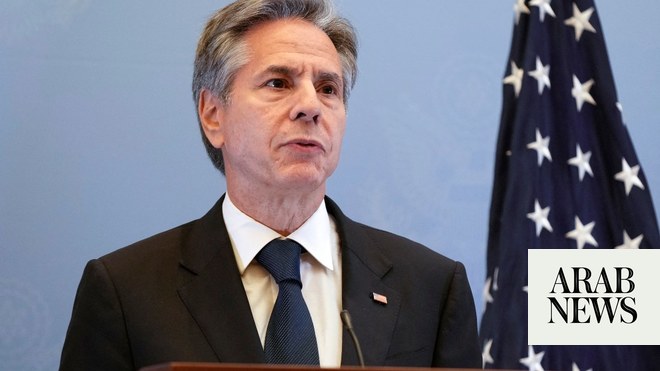
Turkey looking for access to the US Federal Reserve’s dollar swap lines as the country’s economy struggles with the costs of the coronavirus pandemic
The outlook for the Turkish lira in coming months is grim, with the global stay at home campaign likely to undermine tourism revenues as well as export-based businesses
ANKARA: Turkish officials are believed to be negotiating with their American counterparts for secure access to the US Federal Reserve’s dollar swap lines as the country’s economy struggles with the costs of the coronavirus pandemic.
In March, as the contagion spread across the world, the US central bank established liquidity swap lines with the Bank of England, Bank of Japan and European Central Bank as well as their counterparts in Canada and Switzerland, before piping dollars into other central banks in Singapore, Australia, Mexico and Brazil.
However, no swap lines have been extended to Turkey whose budget deficit reached almost 5 percent of gross domestic product (GDP) last year.
“With the lira weaker than it has been since the 2018 spat with the US over the imprisonment of pastor Andrew Branson and with net foreign currency reserves almost depleted, the ability of Turkish central bank to sustain the currency is limited,” said Wolfango Piccoli, co-president of Teneo Intelligence in London.
Experts say that the outlook for the Turkish lira in coming months is grim, with the global “stay at home” campaign likely to undermine tourism revenues as well as export-based businesses in the country.
Tourism accounts for about 13 percent of Turkey’s $753 billion economy.
Following the introduction of quarantine restrictions, Turkey’s export volume dropped 3.9 percent on a yearly basis to $42.8 billion in the first three months of 2020, while last month the country’s exports narrowed by 17.8 percent compared with a year earlier, reaching $13.4 billion.
Piccoli said that Turkey’s hopes for a swap line with the Fed shows that Ankara remains reluctant to ask the International Monetary Fund (IMF) for assistance, mainly for political reasons.
However, other experts say that Turkey’s foreign reserves are depleted and Ankara may be forced to approach the IMF to survive the crisis.
So far, about 85 countries have applied to the IMF for emergency support. But borrowing money from the IMF was among the main criticisms directed by the ruling Justice and Development Party against its political rivals.
Meanwhile, Fitch Ratings on Friday joined other international ratings agencies by lowering its 2020 growth outlook for the Turkish economy from 3.9 percent to 0.8 percent, while raising its 2021 growth estimates from 4 percent to 4.5 percent.
The country’s economic outlook was also revised downwards by Moody’s, which said Turkey’s economy will be “hit hardest” among G20 economies, with a contraction in second- and third-quarter GDP of about 7 percent.
“As before, the Turkish government will enable the state banks to defend the lira, which will be increasingly difficult. The outlook for the lira, despite the current depreciated state, is more negative than positive,” Emre Deliveli, a Turkish economist, told Arab News.
Deliveli said that Turkey may ask for IMF help in July or August after its summer tourism revenues fall.
“But this option is valid only when it becomes obvious to the officials in charge of the economy and Treasury, as well as to Turkish President Recep Tayyip Erdogan, that there is no other choice,” he said.
Turkey’s central bank on Tuesday announced new stimulus measures for the financial sector and economy, and also said that it will increase government debt buying while offering new avenues for cheap funding.
“Resources are running out, I don’t think the current strategy is sustainable,” said Timothy Ash, a London-based senior emerging markets strategist at Bluebay Asset Management.
“So the options are to let the Turkish lira find its own level, or try to replenish foreign exchange reserves either with Fed swap line or an IMF program,” he told Arab News.
According to official figures, thousands of struggling Turkish firms, especially in the food, tourism and manufacturing sectors, have applied to state authorities for compensation payments for about 420,000 employees.
More than 400,000 companies in Turkey have been closed because of lockdown measures against the pandemic. In a country that already has 4.5 million unemployed, a further two million people are expected to become jobless in the near future.











